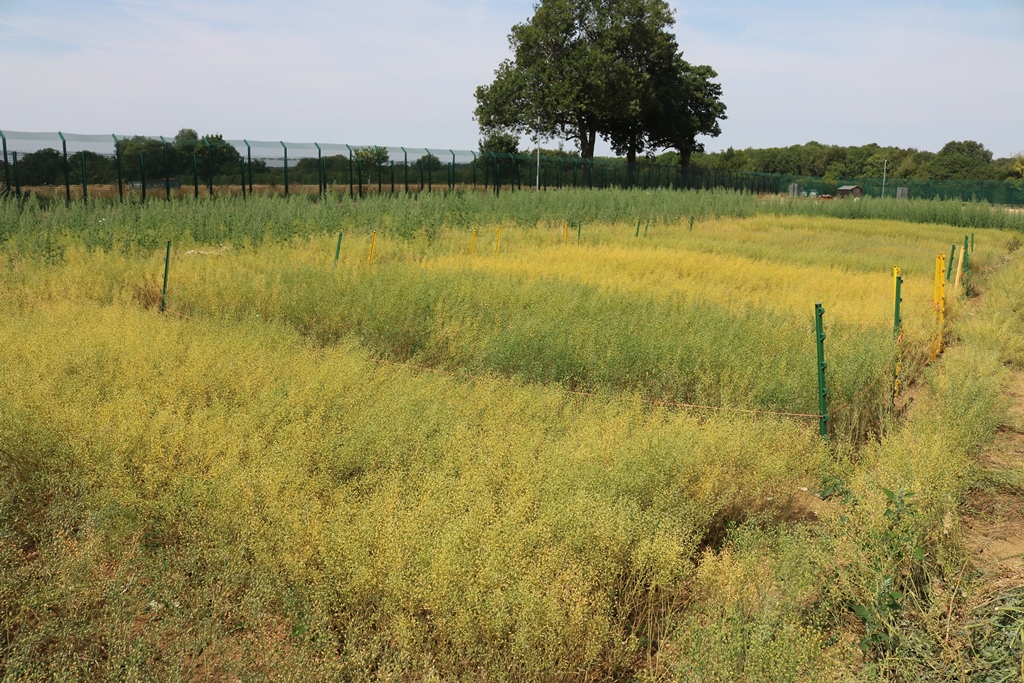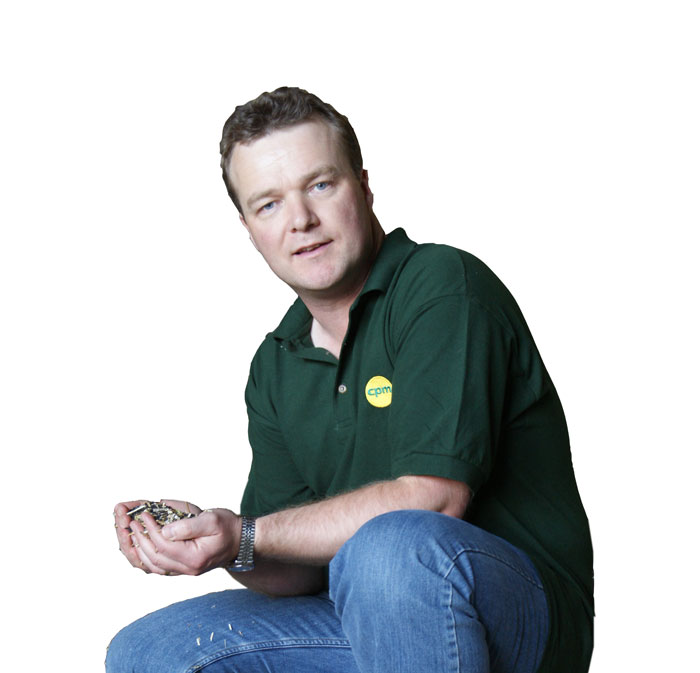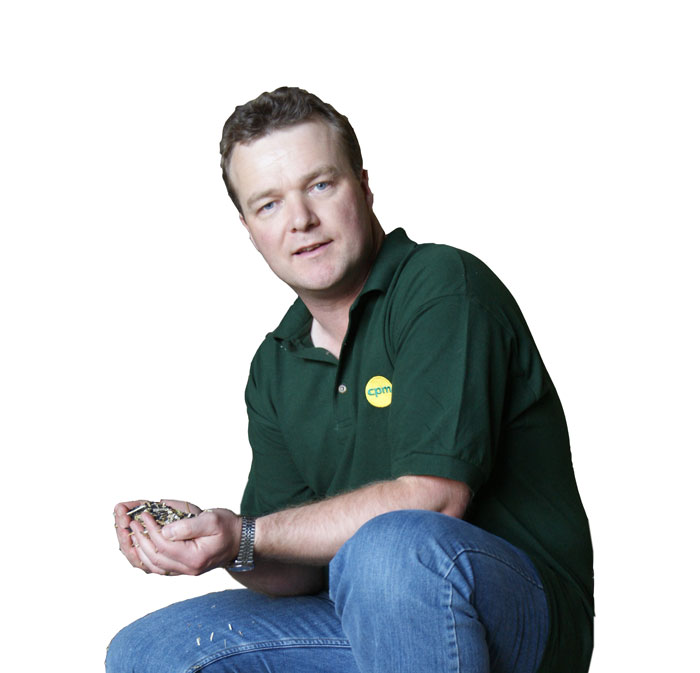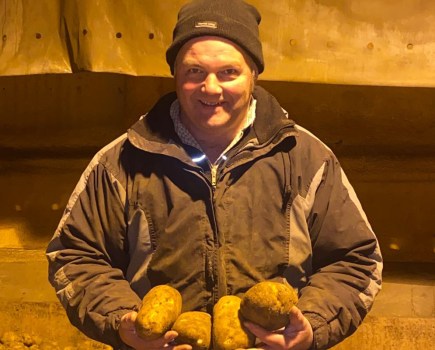How do you feel about growing gene-edited (GE) crops, and more importantly, how would you feel about pre-breeding research trials of these new breeding technologies (NBTs) taking place on your farm, or on land nearby?
Just to clarify here, GE crops are different from genetically modified (GM) crops in that the DNA has been edited to bring about a specific genetic mutation. Such mutations happen regularly and randomly in nature – it’s these that breeders look for when developing new varieties. Scientists can now precisely edit the plant genome to create GE crops that express the desired trait. In GM crops, by contrast, foreign DNA is actually inserted into the plant genome – arguably an event that wouldn’t happen naturally.

What are your views on gene-editing and on-farm trials? Please take this survey
In July last year, the Court of Justice for the European Union (CJEU) decided that GE crops, and indeed all NBTs, should be classed as GMOs. This is in marked contrast to authorities around the world, who believe they should be treated as conventional crops, and also went against the opinion of the EU’s own advocate general. The decision took everyone in the UK by surprise, not least Defra itself, and you may be aware that an industry-led initiative has been underway to address the issue and discuss the best way forward.
That initiative culminated last month with a roundtable, attended by Michael Gove and Defra chief scientist Prof Ian Boyd. The main purpose was for the scientists, representing the UK’s world-leading plant-science research base, to discuss with the Secretary of State the environmental and crop improvement benefits the NBTs they’re developing will bring. It was also to highlight how the work will be jeopardised by the CJEU ruling.
Importantly, much of their work has now reached the stage where it needs to come out into the field. To do proper field trials of any pre-breeding material is a serious undertaking – there are strict protocols to ensure their scientific integrity, and it’s these that preserve the value of the breeding industry itself and deliver new varieties onto our farms that are distinctly different and progressive.
But to do field trials under GMO regulations introduces an extra, unwelcome tier of expense and hassle. Just to apply to ACRE (Advisory Committee on Releases to the Environment) for a license costs several thousand pounds. The location of the site must be publicly declared and published in local newspapers; buffer strips should be planted to minimise pollination of nearby crops; fencing erected to prevent the ingress of animals that could take material off the site; and monitoring undertaken for any volunteer plants for several years afterwards. It’s for these reasons very few plant-research institutes choose to do any GM field trials at all in the UK, and that’s before they’ve even considered the possible threat of demonstrations from anti-GM activists.
To be fair, Defra is sympathetic. There’s a palpable drive within government to encourage innovation, and gene-editing sits front and centre of this. Mr Gove’s response to the initiative is that he’s keen to know what will enable field research, and more importantly, make it accessible to a wide research base within the UK. But he acknowledges there will be resistance, and any move that could be seen to diverge from EU regulation will not be undertaken lightly. It’s not just about the science, but about the perception of the science.
And that’s were you come in. Farmers are the linchpin in this discussion. Ultimately, you will decide whether or not to grow these crops, and whether they do actually have a commercial future in the UK. But before that, you will be needed to see whether these claims of environmental and crop improvement actually ring true.
A scientist can create a 20% increase in thousand grain weight, for example, but it’s the farmer who adapts fertiliser and fungicide regimes to turn it into 20% higher, more sustainable yield. A scientist can create a grain rich in iron to address one of society’s fundamental dietary deficiencies. But only a farmer can balance the nutrient regime across a range of soils and situations, that will consistently deliver that potential, as well as an economic return. So it’s not just the initial discovery, but the ensuing co-creation that could deliver the sustainability goals, and though the route to get there may involve GE or GM crops, the ultimate solution may involve neither.
So take a look at the threshold on which you stand. You must decide whether to step over it and explore, or turn away and look for something else. What’s it to be? Please take this survey to tell me your views and I’ll make sure Mr Gove receives them.
Tom Allen-Stevens has a 170ha arable farm in Oxon, and has been leading the Gene Editing for Environmental and Crop Improvement initiative. @tomallenstevens





